Verizon won’t be the only 4G LTE access in Valdosta anymore:
AT&T has turned theirs on.
It’s not clear how far out of town that extends (looks to me
like I still need to go stand by my west gate if I want on),
but at least it’s a start of competition, and maybe T will
get around to increasing
its coverage (see next post).
If
Softbank + Sprint + Clearwire comes here, as well,
maybe we’ll see something like a competitive market.
It’s not clear even that will be enough to get fast affordable
access everywhere in south Georgia.
For that, maybe our local elected and appointed officials
will continue with
the advocacy they started back in February.
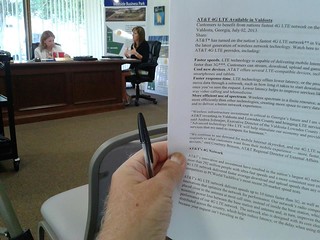 As mentioned at the Industrial Authority yesterday evening by
Executive Director Andrea Schruijer (video to come), here’s
AT&T’s PR of 2 July 2013,
AT&T 4G LTE Available In Valdosta:
Customers to benefit from nation’s fastest 4G LTE network on the latest devices,
As mentioned at the Industrial Authority yesterday evening by
Executive Director Andrea Schruijer (video to come), here’s
AT&T’s PR of 2 July 2013,
AT&T 4G LTE Available In Valdosta:
Customers to benefit from nation’s fastest 4G LTE network on the latest devices,
VALDOSTA, Ga., July 2, 2013 /PRNewswire/ — AT&T* has turned on
the nation’s fastest 4G LTE network** in Valdosta, bringing
customers the latest generation of wireless network technology.
Watch here to see several of the benefits AT&T 4G LTE provides,
including:
-
Faster speeds. LTE technology is capable of delivering mobile
Internet speeds up to 10 times faster than 3G***. Customers can
stream, download, upload and game faster than ever before.
-
Cool new
devices. AT&T offers several LTE-compatible devices, including new
AT&T 4G LTE smartphones and tablets.
-
Faster response time. LTE
technology offers lower latency, or the processing time it takes to
move data through a network, such as how long it takes to start
downloading a webpage or file once you’ve sent the request. Lower
latency helps to improve services like mobile gaming, two-way video
calling and telemedicine.
-
More efficient use of spectrum. Wireless
spectrum is a finite resource, and LTE uses spectrum more
efficiently than other technologies, creating more space to carry
data traffic and services and to deliver a better network
experience.
“Wireless infrastructure investment is critical to Georgia’s future
and I am very pleased to see AT&T investing in Valdosta and Lowndes
County and bringing LTE service to our community,” said Andrea
Schruijer, Executive Director of the Valdosta-Lowndes County
Industrial Authority. “Advanced technology like LTE will help
stimulate our economy and provide new tools and services that we
need to compete for business.”
“We continue Continue reading →
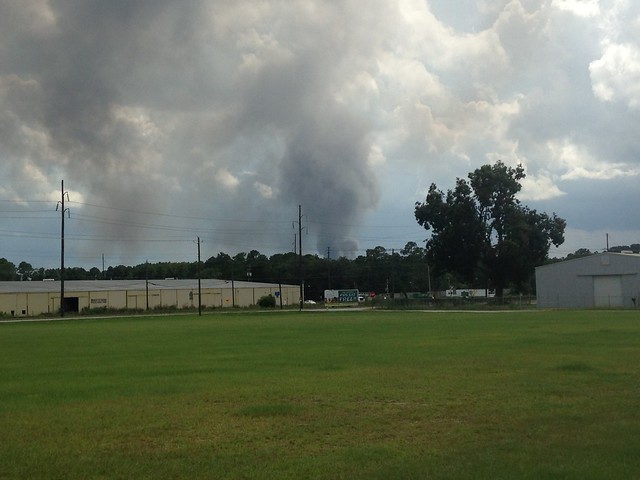
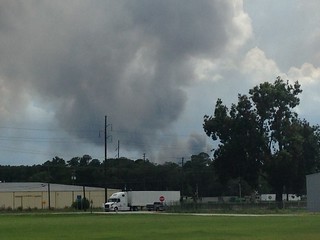 Oh, my, this could be ugly Continue reading
Oh, my, this could be ugly Continue reading 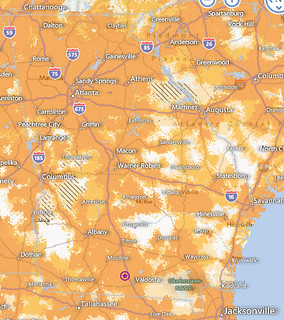
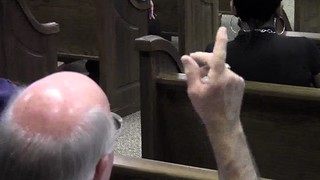



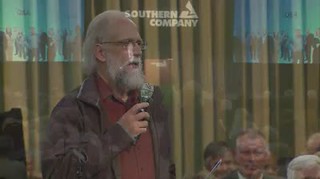







 しばとも
しばとも